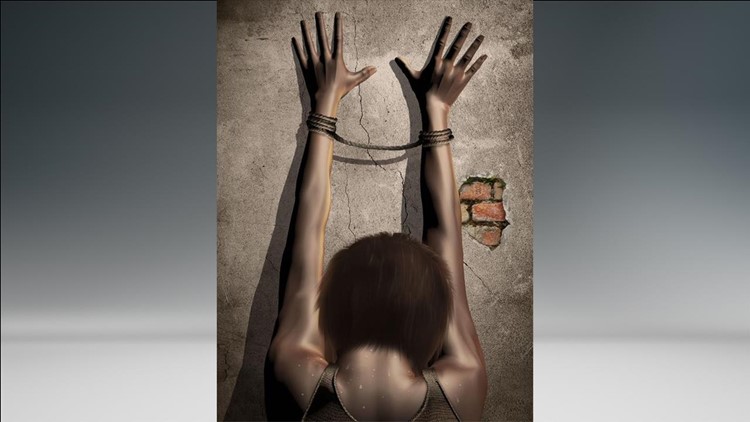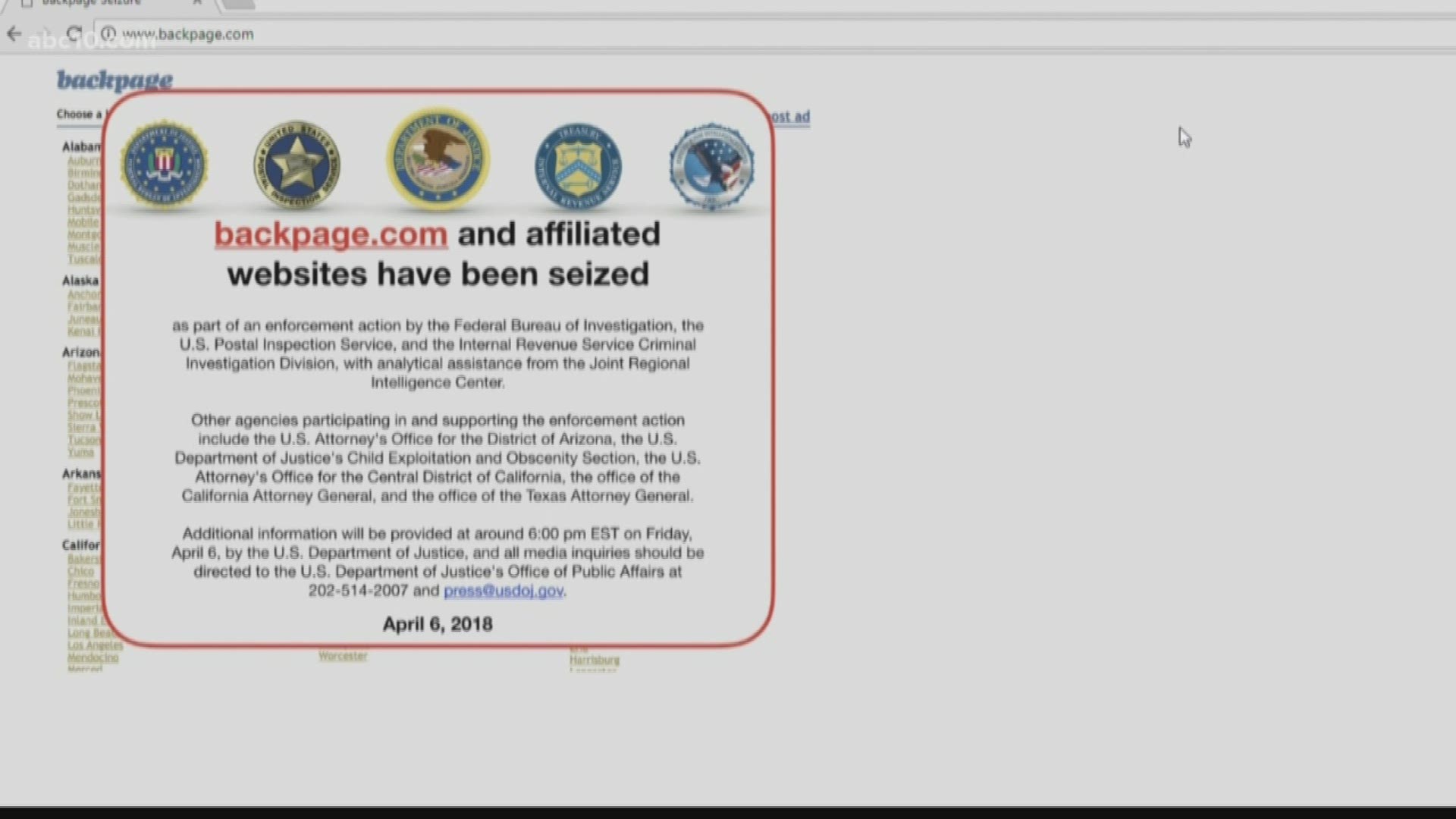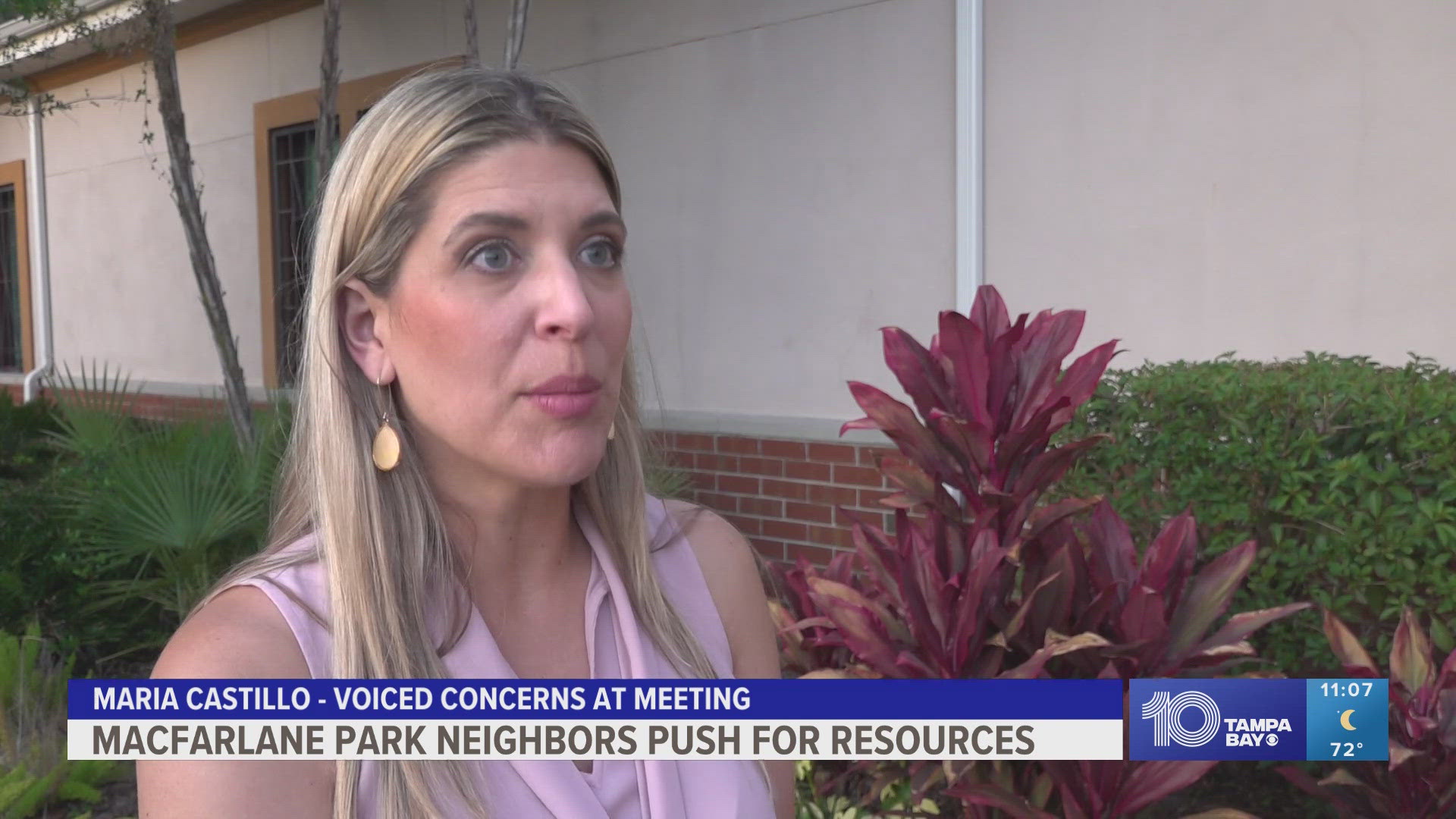Giselle Rodriguez has been with the Florida Coalition Against Human Trafficking for more than a decade, and she’s concerned by how people are throwing around that phrase “human trafficking” when talking about almost any incident involving drugs, prostitution or kidnapping.
“It hurts actual victims because that’s not what human trafficking looks like,” she said.
Rodriguez noticed a recent flurry of social media images posted by people who say they’re creeped out by someone or something they’ve seen in public, then associating it with human trafficking.
“It hurts because when the real victim is actually in front of you, you're not going to recognize them as a victim of human trafficking,” she said. “Because it doesn’t look like this thing that have been drummed up to be human trafficking.”
Rodriguez says the danger is that by using the term human trafficking so loosely, it dilutes what the crime really is - people who have forced into sex or labor against their will.
Victims of human trafficking are often from vulnerable populations, like the homeless, immigrants or runaways.
Rarely, she says, would human traffickers try to grab someone in public as we see depicted in Hollywood pictures because it would bring them unwanted attention.
“They are heartless,” said Rodriguez, “But they are not stupid.”
Recently, a woman in Pinellas County used the term “human trafficking” after confronting a man who’d followed her through a grocery store.
But even as the video garnered millions of views, investigators with the sheriff’s office and Clearwater police say the incident wasn’t reported to them.
SELLING GIRLS: Sex traffickers are targeting young females
Another post came over the weekend from a woman at the International Plaza mall in Tampa, who claimed she didn’t like the way a man was looking at kids in the play area.
“They interpreted that as being something, perhaps, more serious than it was,” said police spokesman Steve Hegarty.
Hegarty says police investigated the incident after the woman posted a picture of the man on Facebook, which went viral.
But again, officials found no evidence of human trafficking - or any - wrongdoing.
“I think it’s sort of a leap of imagination to get to something like human trafficking from what we see in the video,” said Hegarty, “Which is someone there who just did not have a child, so they thought it was suspicious.”
The key, say officials, is recognizing the difference between vigilance and vigilante. Letting the proper authorities determine if a creep is a criminal. And if so – letting them release those properly-vetted images on social media - for the rest of us to share.
“You know, if it turns out that maybe this is somebody that they’re looking for, then they know what to do,” said Rodriguez.
Rodriguez says a lot of human trafficking recruitment takes place on social media these days, including online gaming. It includes forced labor in restaurants, salons and agricultural jobs, not just prostitution.
If you have a suspicion of human trafficking activity, call 911.
►Make it easy to keep up-to-date with more stories like this. Download the 10 News app now.
Have a news tip? Email tips@wtsp.com, visit our Facebook page or Twitter feed.




